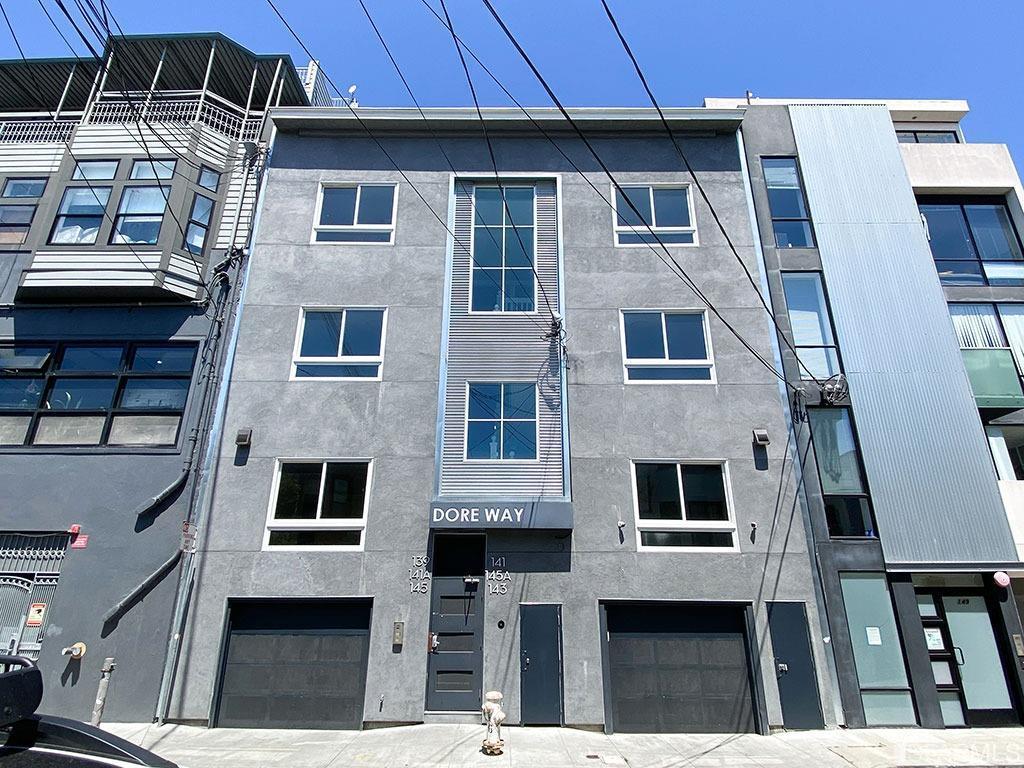Two homes on Florida Street and Dore Street are the latest pieces to Mayor Breed’s plan to add 400 treatment beds, in the form of “cooperative housing.”
Back before the pandemic hit, Mayor London Breed and the left flank of the Board of Supervisors were locked in a battle of dueling mental health plans with the redundant names Mental Health SF and UrgentCare SF. Both were well-intentioned, and their main difference seemed to be who could claim credit if it worked. Both sides thankfully agreed on a compromise measure, and once we got rid of Trump as president, a bunch of Biden bucks from the stimulus plan gave the city more to work with.

These mental health and substance abuse efforts are not coming together in one fell swoop, but in small increments. The latest of these is the announcement that the city would purchase two residential properties, to “house people living with mental health and substance use disorders.” One of these is the two-flat unit at 24th and Florida Streets seen above, the other a SoMa apartment building seen below.

“Cooperative housing is a critical part of behavioral health services for people with serious mental health and substance use disorders. Mayor Breed’s commitment to preserve cooperative living spaces, as well as open 400 new treatment and care beds across San Francisco, addresses people’s psychiatric needs as well as their housing needs, which are both vital to achieving health and recovery,” health director Dr. Grant Colfax said in a statement. “With the purchases at Florida and Dore Streets, DPH is pleased to continue our partnership with Conard House and continue to offer supportive housing for some of our residents most in need.”
You’ll notice the mention of a supportive housing nonprofit called Conard House, who will run both of these facilities. They’re not huge properties — the Dore Street property will house 18 people, the Florida Street facility just eight. Everyone gets their own bedroom. But the overall plan is for 400 housing units like this, and the city appears to be making progress toward that, but at a very modest, chip-chip-chip pace.
This may seem too incremental to foster any real change. But Breed, the supervisors, and the city at large will inevitably face criticism for “not doing anything,” and at the same time for “throwing too much money” at the problem. These smaller shelters they’re consistently opening aren’t creating the kind of community uproar that larger facilities keep seeing, so we’ll hope this slow-and-stealthy approach starts making a few dents in the chronic homelessness, mental health, and substance abuse issues that have dogged many, many previous mayors and boards of supervisors.
Related: As Drug Overdoses Hit All-Time High, Mayor Breed Proposes New Street Response Team [SFist]
Image: Joe Kukura, SFist

